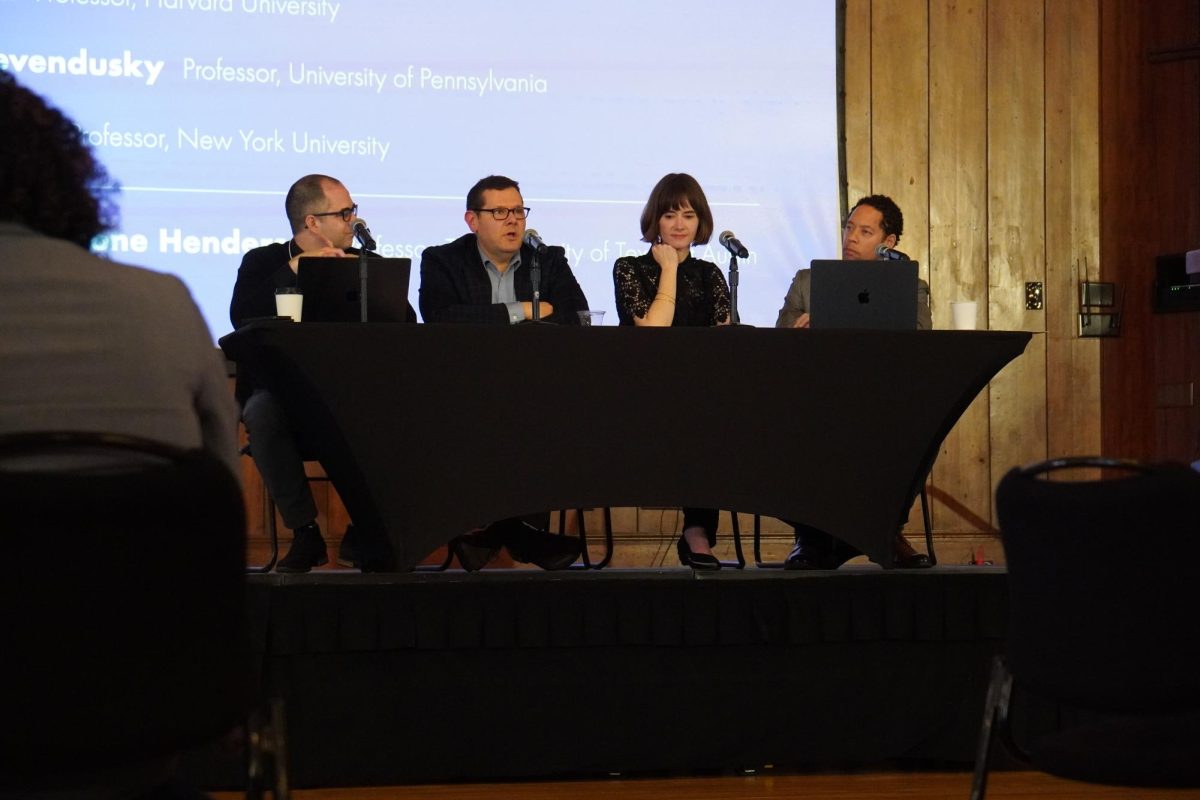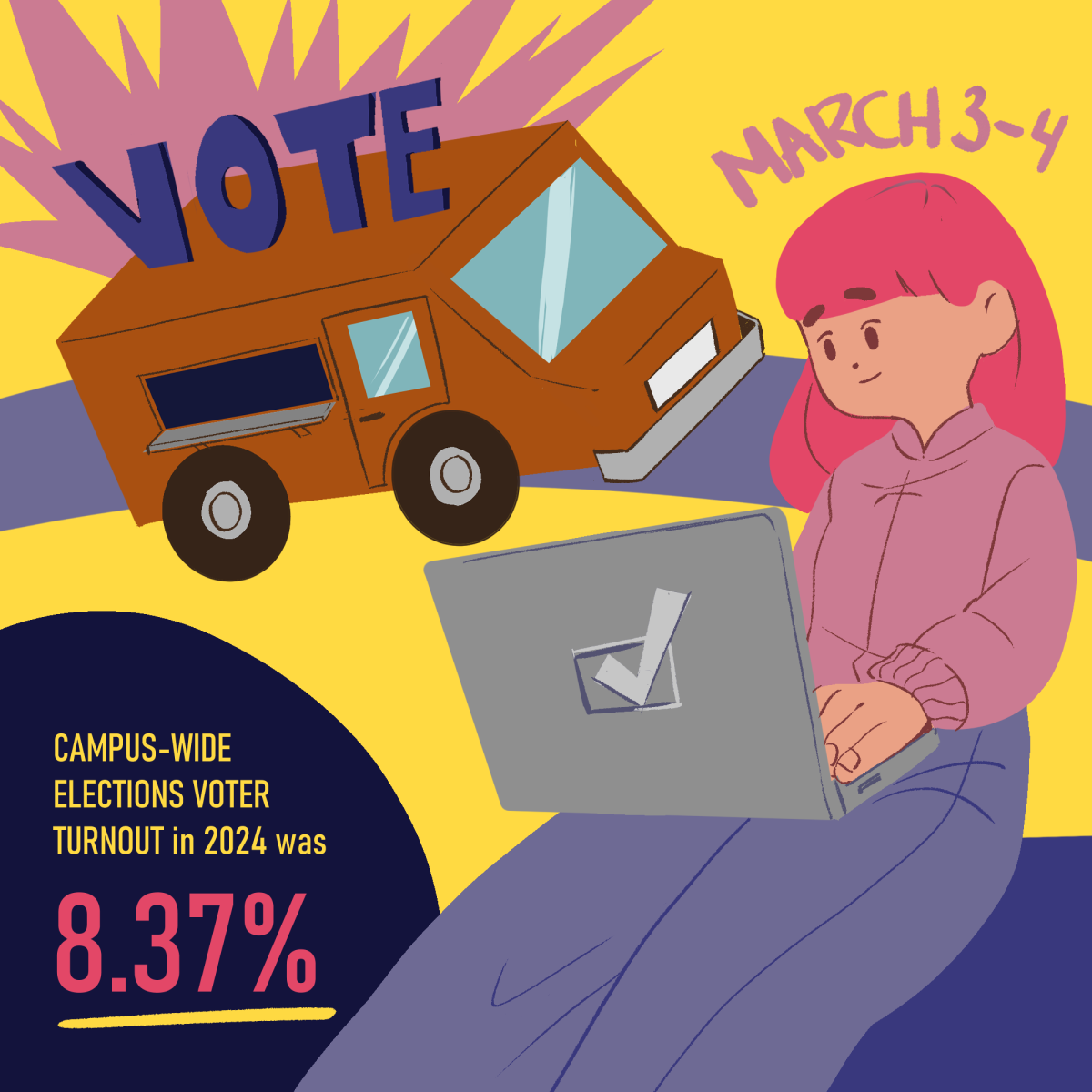Zfluence, a Generation Z-run company, works with over 400 UT students and allows members of Generation Z to promote brands on their social media in exchange for free products.
UT has more “Zfluencers” than any other university in the country, said Bryan Gonzales, senior director of public relations for communications firm Giant Noise, which handles Zfluence’s public relations. Design senior Kelsey Jones has been a Zfluencer since late 2019. Jones saw an ad for Zfluence on her Instagram timeline and filled out a quick online application, which was linked on the Zfluence Instagram.
“At the beginning, Zfluence primarily consisted of Austin-based brands, so there was that incentive to join,” Jones said. “But generally, I think it is a popular platform for UT students because it allows students who are generally short on money & time to get free products and promote them on their own terms.”
Zfluence works with micro-influencers, and most Zfluencers have 2,000 to 25,0000 followers on Instagram. Zfluencers don’t get paid, but they do get to keep the products sent to them, government sophomore Riya Kale said.
“Too often we see these huge influencers who are obviously getting paid for their opinion,” Kale said. “By taking advantage of this little niche of micro-influencers, you can really take advantage of that personal connection most people have with their followers. If you have maybe three or four thousand, you probably know a majority of them, and they are most likely to trust what you say.”
Kale heard about Zfluence from a TikTok, and after looking into it, discovered that a member of her sorority, Alpha Phi, was a Zfluencer. That’s when she decided to apply.
Zfluence promotes brands such as Arctic Zero, Benefit Cosmetics and Deep Bay Spirits. Ava McDonald, founder and CEO of Zfluence and Austin native, said UT has more than 400 Zfluencers because of Austin’s entrepreneurial community.
“I know from people who go to UT, and things I have seen in UT news, that there is a real interest in entrepreneurship,” McDonald said. “It was really great that so many UT students wanted to get involved in Zfluence early on.”
McDonald, who attends Georgetown University, said the Kendra Scott Institute is an example of entrepreneurship at UT and 33% of all Zfluencers in college are pursuing a degree in business or marketing.
Over the summer, McDonald worked with Garrett Sonnier, associate professor of marketing at UT, to develop a case study over Zfluence for the McCombs School of Business. Sonnier said the case study is on “how influencer marketing is currently being utilized by businesses to engage with consumers” and is using Zfluence as an example of influencer marketing.
“What we’re really trying to do at Zfluence is to get away from the connotation of an influencer as only being influential if they have hundreds of thousands of followers,” McDonald said. “We’re really looking for people who are influencers on their campuses and in their communities.”
Editor's note: This story has been corrected to clarify that Zfluence does not "employ" Zfluencers. In addition, Bryan Gonzales' title has been corrected to senior director of public relations for communications firm Giant Noise, which handles Zfluence’s public relations.
Editor's note (11/20): Because of incorrect information provided by Gonzales, this story was originally amended to correct a reference to Zfluencers keeping the products that are provided to them. The original information in the article was accurate, and Zfluencers get to keep the products that are provided to them.





















